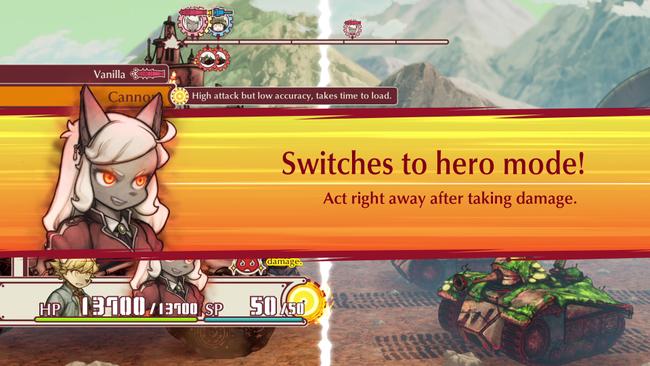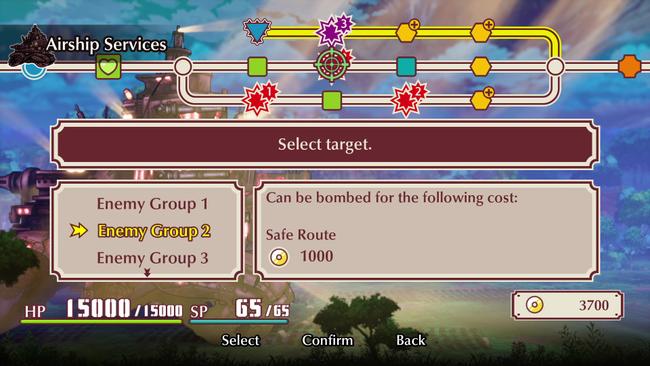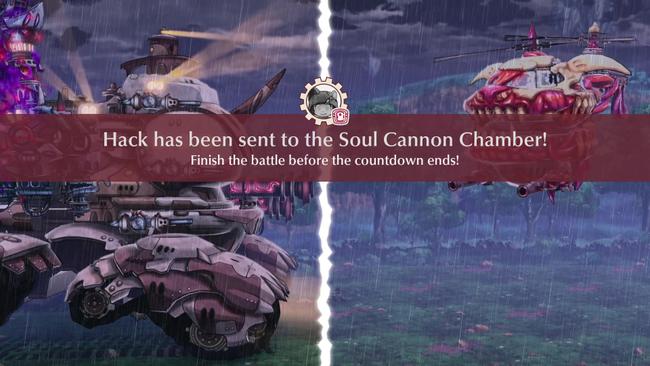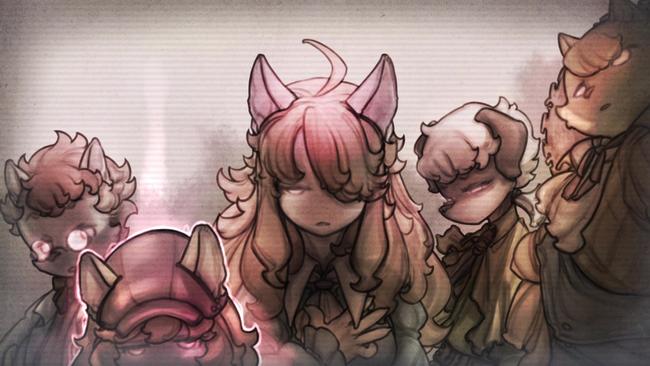
Fuga: Melodies of Steel 2 Review
Considering how much I adored the first game, it’s no real surprise that Fuga: Melodies of Steel 2 was one of the games that I was most excited to get my hands on from 2023’s RPG release calendar. Similarly, I’m very excited to share that, yes, the game is just as good - if not better - than its predecessor, and anyone that enjoyed the first game has no excuse to not check out the sequel; especially with both games available on Xbox Game Pass as of the writing of this review.
If you haven’t read my review for the first Fuga: Melodies of Steel, here is where I’d highly suggest doing so; Fuga 2 is the iterative sort of sequel, and as such the majority of my thoughts echo how I felt about the first game nearly 2 years ago. That can be a good or a bad thing; Fuga’s overall gameplay loop was solid as it was, though I’m sure that at least some players that had finished the first entry more recently might find themselves burning out on the second. While there have been changes and additions, things remain much the same; you control a group of (eventually) 12 kids, pilot a giant tank with practically the same layout as the first game’s, and the True Ending is locked behind both ensuring a specific child’s relationship with the rest of the crew is strong - and by making it to the end of the game without a single child falling victim to the Soul Cannon.

Fuga 2’s changes are smaller in scope; for story reasons, one Hanna Fondant is absent from the crew; meanwhile, newcomer Vanilla Muscat takes her place, albeit with her own unique set of skills. Periodically throughout stages, players will come across spots where they can hail an airship to purchase and sell items, drop an HP/SP restore point along their path, bombard enemies further into the stage, or even double back to a previous location in the level in order to take an alternative path; fighting additional enemies, gaining more experience, all at the risk of putting yourself into further danger.
Simply put; it’s an extension of the systems which Fuga 1 included rather than a reinvention. The most significant additions come in the form of the Judgment system; where Malt is tasked with making a choice that impacts his “Empathy” or “Resolve”; if players don’t manage to satisfy all of the requirements for the True Ending, then these stats can impact which alternative ending you’ll receive - but for most players, these stats will only matter for the special orders that Malt can randomly use during the middle of battles once you’ve reached the threshold for unlocking them; the ability to randomly force an enemy to miss their attack, to cure a child of their fear, restore a portion of your SP - and much more.

In-between missions, the “bartering” system from the first game has been replaced with actual currency; and as a result players can find “valuables” both from rare enemies that act something like a Metal Slime, as well as receive them as rewards for various activities such as the Scrap Fishing hook, Expeditions, and more. Fuga 2 feels like a much more demanding game from the word “go”, and that can absolutely be said for resource management this time around as well. It’s clear that players are expected to be familiar with Fuga’s core gameplay loop, and as a result making mistakes during the course of your playthrough can quickly spiral out of control if you aren’t careful.
It's this added complexity to combat encounters that truly makes Fuga 2 shine, even when so many of its disparate parts share an uncanny resemblance with the first game. Bosses in particular challenge players in new and unique ways that really stress your knowledge of your units and what they are capable of; making use of the abilities that they both already had - and might have been underutilized in the first game - as well as the new skills that they've acquired in this sequel. Never is this more evident than when it comes to the Soul Cannon itself, and how it is no longer merely a passive threat; but rather, now, an active one.

In Fuga 1, the Soul Cannon would become an option for players to use once they took enough damage during an encounter; in Fuga 2, particularly during boss battles, instead of merely awakening the "option" to use the Soul Cannon, the game will randomly pick a character from your entire roster to throw into its chambers wholesale. They won't become mincemeat right away, but it's nearly impossible to avoid the threat of the Soul Cannon being primed before your very eyes; and you don't even have the courtesy of choosing which of the children to remove from the fight. As a sort of counter to the system, players now have access to a sort of "Diet" Soul Cannon, the Managarm; while it won't immediately win you a fight, it will deal a hefty blow to a target, and all at the low cost of knocking out the child used as ammo, and forfeiting the experience that you would have received from the fight.
It goes without saying that this is a good change; I never truly felt the stress of using the Soul Cannon in Fuga 1, and even if I never actively felt it in Fuga 2 it still meant that there was always a sense of unease that one of my crucial fighters might be the one picked to become fuel; as such, even if I felt more comfortable using a particular set of children manning the weapons, I always had to have a plan B set aside at the back of my mind. Alongside the added complexity of encounters, these changes went a long way to making Fuga 2 continue to feel engaging even by the end of the journey, and despite all of its similarities with the first game.

What also goes much harder this time around is the story; while I loved Fuga 1, I always felt that the story was perhaps the game’s weakest link. If anything, the roles might have been reversed this time around with how familiar the gameplay was from the previous entry; longtime Little Tail Bronx fans of course have plenty of nods to games like Solatorobo to watch out for, but even if Fuga was your one and only exposure to the franchise characters have been fleshed out - especially Malt - and the stage that has been set for the final game in the trilogy is equal measures exciting and terrifying. I won't go into any details, of course, but it leaves me wondering exactly where the story can go from here.
I greatly enjoyed my time with Fuga 2, much as I had with the first game. That being said, my only hope is that Fuga 3 is a more meaningful evolution of the franchise; while I adored this entry, it’s undeniable that without a larger shakeup in the mechanics and gameplay loop it would be very easy for what is looking to be a bombastic conclusion to the story to fall flat if players were simply met with more of the same. Fuga: Melodies of Steel 2 is a great follow-up, and well worth playing, but I also can’t deny feeling anxious to see what Fuga: Melodies of Steel 3 will have in store for us in the future.